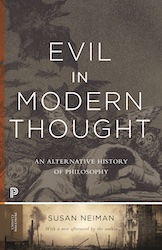Sensitivity readers or new breed of inquisitors?
Abstract: Authors write about people, not for them. Essential nuance and yet misunderstood by editors assisted by ‘sensitivity readers’. A misunderstanding caused by a misconception of the collective? Bram Stoker redacted by Dracula Dracula, hired as Bram Stoker’s sensitive reader, rewrote his vampire classic. How did this author of the Barbarian Ages have the audacity … Read more








